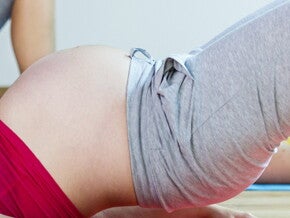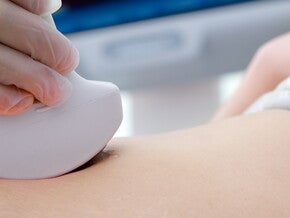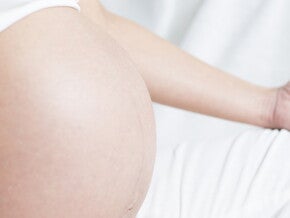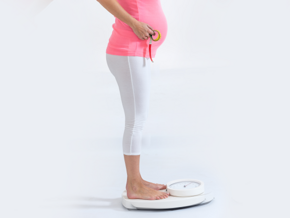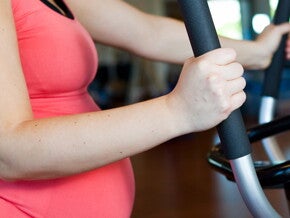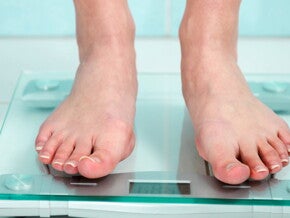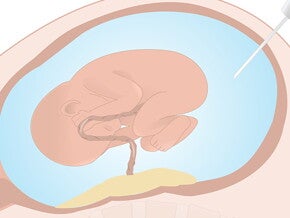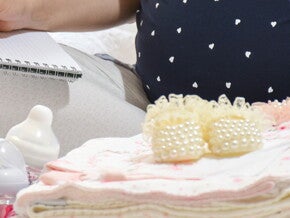
First trimester
Mood swings
Hormonal changes, morning sickness and fatigue are partially responsible for a heightened level of emotions. Rapid mood swings and irrational and contradictory feelings are common. Give yourself time to understand these emotions and come to terms with the reality that you are becoming a parent.
Lifestyle changes
Many women fear losing their freedom and independence. Try to see parenthood as a wonderful learning experience with new horizons.
Changing body image
Some women enjoy the physical changes of pregnancy, while others find it difficult to cope with their new body image. Exercising regularly will help to improve how you feel about your body.
Second trimester
- Many women experience an emotional “high”. You may feel much healthier, more energetic and will have adapted to your pregnancy by this time.
- The movements of your baby can cause a lot of excitement and joy.
- Fears you may have had about a miscarriage normally begin to subside. Explicit dreams and fantasies become more common, bringing fears to the surface where they can be dealt with more easily.
- You do need continuous reassurance and love from your partner.
Third trimester
- At this stage you tend to focus more on your baby, your labour and the birth.
- You and your partner should now attend birth preparation classes to gain knowledge and learn labour coping skills. This will enable you to face birth with confidence and a positive attitude.
- Use the last few weeks, which often drag by, to rest as much as possible. Read books and talk to other mothers. Build up your support network, which is an important aspect of adapting to parenthood.
- You will also be busy preparing your home for the arrival of the new baby.
Childbirth education classes provide information, skills and support to the expectant couple.
Childbirth companions
There is sound evidence that the presence of a supportive companion, especially a woman who has experienced childbirth, has a positive effect on a woman’s experience of labour, progress in labour and adaptation to parenthood.
Even if your partner will be present, the additional presence of a woman may be beneficial.
- Discuss the hospital regulations for childbirth companions with your caregiver.
You may wish to arrange with a friend or relative to be with you during labour. Some hospitals arrange for volunteer birth companions from the local community to accompany women who do not have their own companion with them.
During labour, ask your companion to keep focusing on three tasks: comfort, reassurance and praise.

